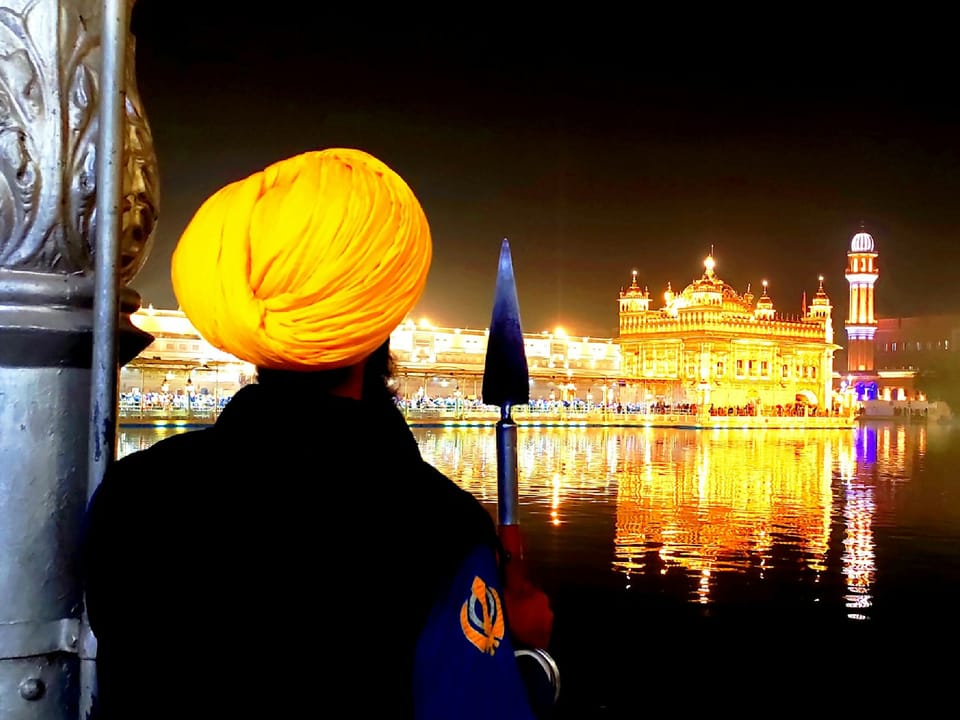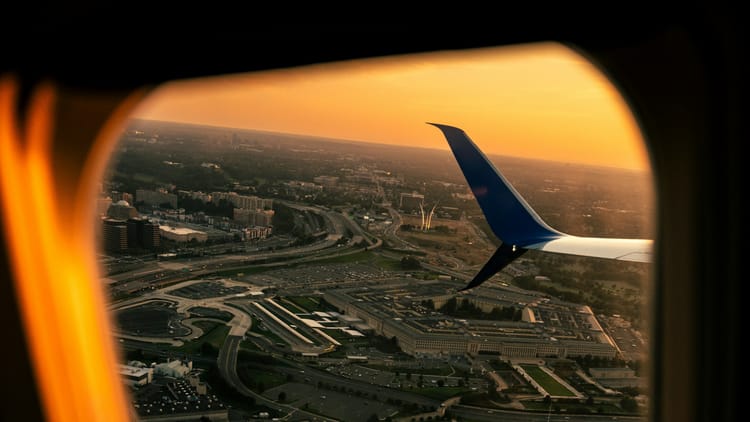In Canada, of all places

According to the Canadian government—in testimony its deputy foreign minister presented to Parliament in Ottawa—India’s home minister, Amit Shah, orchestrated the murder of a Canadian Sikh activist. Hardeep Singh Nijjar was shot to death in British Columbia in June 2023. Nijjar led a Sikh temple in B.C. and had long advocated for creating an independent Sikh homeland, Khalistan, out of the Indian state of Punjab.
Canada says Indian diplomats arranged Nijjar’s assassination through a criminal network run by the Indian mob boss Lawrence Bishnoi. Prime Minister Justin Trudeau said Canadian intelligence services had evidence tying Indian officials to a broad campaign of violence and harassment against Sikhs in Canada—a campaign that’s included extortions, home invasions, drive-by shootings, and now the death of Hardeep Singh Nijjar.
Ottawa expelled six Indian diplomats following the allegations; Delhi then kicked Canadian diplomats out of India, calling the charges baseless. But apparently, they’re not—nor has India’s apparent campaign against Sikh activists been confined to Canada. The U.S. Justice Department recently charged an Indian intelligence officer with planning a failed plot to assassinate a Sikh separatist on U.S. soil. And U.K. officials have meanwhile implicated India in the harassment of Sikh activists in Britain.
Still, Western countries—including Canada—have yet to impose any penalties on India. And despite a seeming attempt to murder a U.S. citizen on U.S. territory, Washington has barely mentioned any of this publicly. Why?
Omair Ahmad is an Indian journalist and novelist, and a contributing editor with The Signal. Ahmad says the evidence isn’t public yet, so we don’t entirely know whether or how the Indian government is involved in these crimes. Delhi has long said, though, that it sees Sikh separatists as a security threat—even though there’s almost no support in India for establishing a Sikh state. Delhi has also said it’s frustrated by the lack of help from Ottawa or Washington in dealing with the activists’ attempts to build support for the creation of Khalistan.
All this is happening, Ahmad says, as India potentially realigns itself in the world. The prevailing belief in Delhi is that India has gotten little economic support in exchange for allying itself with the U.S. and the West. And recently, the Indian government announced a deal with China to resolve the countries’ longstanding border dispute—a major issue that’s been keeping them from building closer ties …
Oliver Mills: What do these Sikh activists want?






